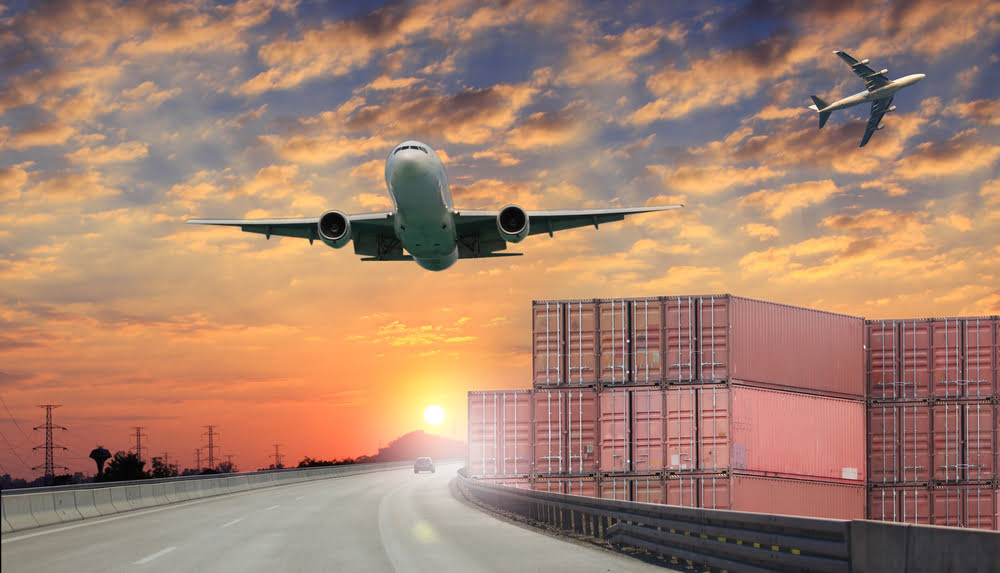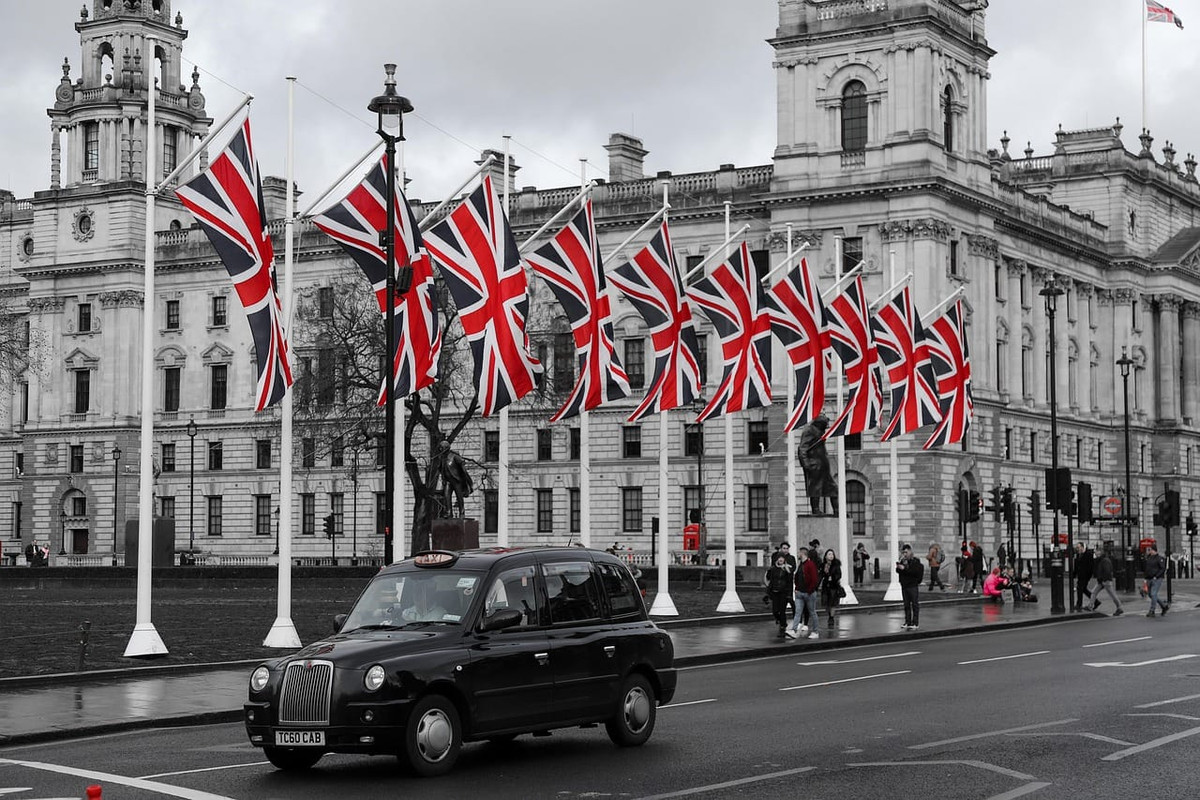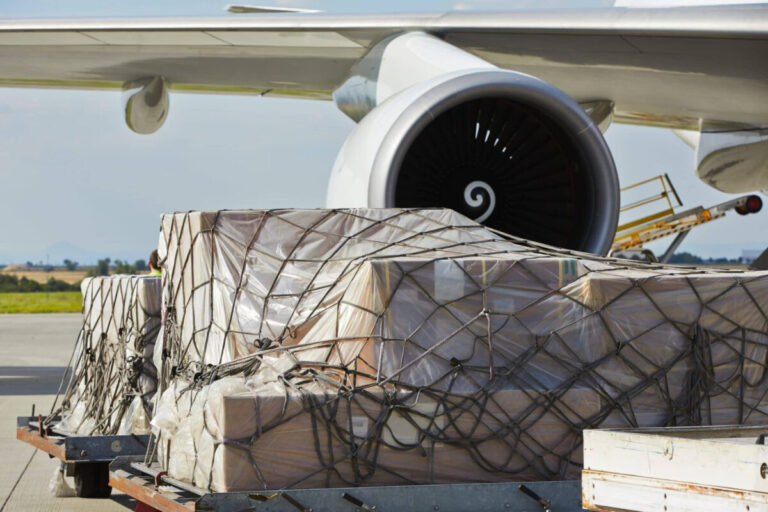
Today, the 20th edition of the World Economic Forum’s Global Risks Report reveals an increasingly divided global landscape, where mounting geopolitical, environmental, societal and technological challenges threaten stability and progress. While economic risks figure less directly in this year’s survey results, they remain a concern, and are interconnected with societal and geopolitical tensions.
State-based armed conflict was identified as the most pressing immediate global risk for 2025, with nearly a quarter of respondents rating it as the most serious concern for the next year.
Misinformation and disinformation remain a top short-term risk for the second year in a row, underscoring their continuing threat to societal cohesion and governance by eroding trust and exacerbating divisions within and between countries. Other major short-term risks include extreme weather events, societal polarization, cyber espionage, and war.
Environmental risks dominate long-term forecasts, with extreme climate events, biodiversity loss and ecosystem collapse, critical change in Earth systems and natural resource shortages topping the 10-year risk rankings. The fifth environmental risk in the top ten is pollution, which is also seen as a major short-term risk. Its short-term rating of sixth reflects growing recognition of the serious health and ecosystem impacts of a wide range of pollutants across air, water and land. Overall, extreme weather events were prominently identified as immediate, short-term and long-term risks.
The long-term landscape is also surrounded by technological risks related to misinformation, disinformation, and negative outcomes of AI technologies.
“Rising geopolitical tensions, the collapse of global trust, and the climate crisis are straining the global system like never before,” said Mirek Ducek, Director-General of the World Economic Forum. “In a world of deep divisions and cascading risks, world leaders have a choice: strengthen cooperation and resilience, or confront worsening instability. The stakes have never been higher.”
Fractured systems, fragile futures
The report, based on the views of more than 900 global risk experts, policymakers and industry leaders surveyed in September and October 2024, paints a stark picture of the decade ahead. Survey respondents were much less optimistic about the global outlook in the long term than in the short term. Nearly two-thirds of survey respondents expect a turbulent or stormy global landscape by 2035, driven in particular by growing environmental, technological and societal challenges.
More than half of respondents expect some instability within two years, reflecting the widespread division in international cooperation. Longer-term forecasts point to greater challenges, as cooperation mechanisms are expected to face increasing pressure. Societal risks, such as inequality and societal polarization, feature prominently in both short- and long-term risk rankings. Growing concerns about illicit economic activity, rising debt burdens, and the concentration of strategic resources highlight vulnerabilities that could destabilize the global economy in the coming years. All of these issues threaten to exacerbate internal instability and erode confidence in governance, further complicating efforts to address global challenges.
All 33 risks in the rating increase their severity over the long term, reflecting participants’ concerns about increasing frequency or severity of these risks as the next decade develops.
“From conflicts to climate change, we face interconnected crises that require coordinated collective action,” says Mark Elsner, head of the World Economic Forum’s Global Risks Initiative. “Renewed efforts are urgently needed to rebuild trust and strengthen cooperation. The consequences of inaction could be felt for generations to come.
A Crucial Decade: Cooperation as the Key to Stability
As divisions deepen and the geopolitical and economic landscape reshapes, the need for effective global cooperation is more urgent than ever. However, with 64% of experts predicting a fragmented world order characterized by competition between middle and great powers, multilateralism is facing significant pressure.
However, turning inward is not a viable solution. The next decade represents a pivotal moment for leaders to navigate complex and interconnected risks and address the limitations of existing governance structures. To prevent a spiral of instability – and instead rebuild trust, strengthen resilience, and secure a sustainable and inclusive future – countries should prioritize dialogue, strengthen international relations, and create the necessary conditions for renewed cooperation.


